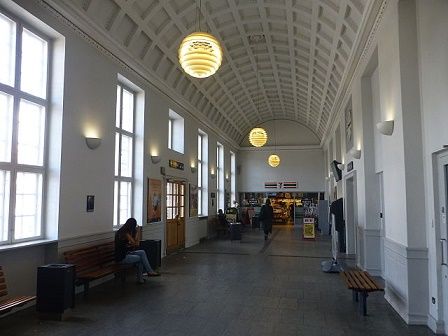Once again the Danish railway system is in the spotlight for not delivering as promised.
A brand new stretch of track from Copenhagen to Ringsted announced with considerable fanfare in 2012, which has cost taxpayers around 9 billion kroner so far, will only have two trains running in each direction per hour, DR Nyheder reports.
Signal failures
The line was scheduled to open in December 2018, but because of problems with the signalling system this was then postponed until May 2019 in order to allow for five trains per hour. That is now no longer possible.
READ ALSO: Government wants to slash railway budget – again
The current stretch of track between Copenhagen and Roskilde has become a bottleneck affecting the whole country and the new track – able to support high-speed trains of up to 250 km/h – was supposed to alleviate the problem.
Cheap but not cheerful
Track operator Banedanmark blames the rebuilding of Ringsted Station where the budget has overshot by several hundred million kroner. Because of this, the track operator has been forced to choose a cheaper temporary solution and couple existing sets of points with new ones. This is now acting as a bottleneck for trains from locations such as Odense and Næstved until the rebuilding work is finished.
If and when it is running properly, the line has been built to handle 24 passenger trains per hour from the west of Denmark towards Copenhagen, which is a big improvement on the 17 per hour on the present stretch via Roskilde.















